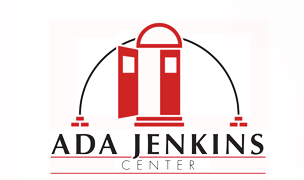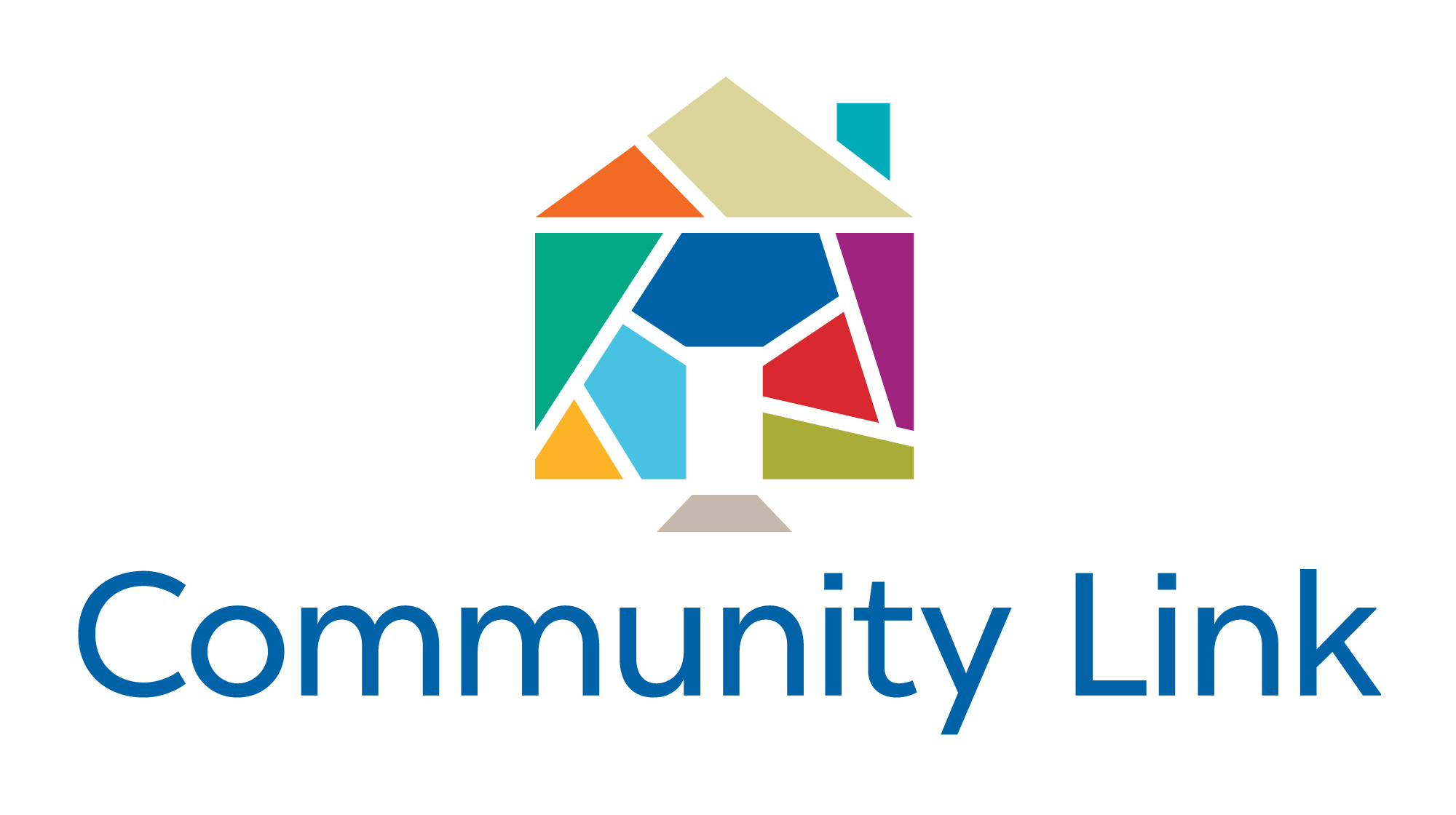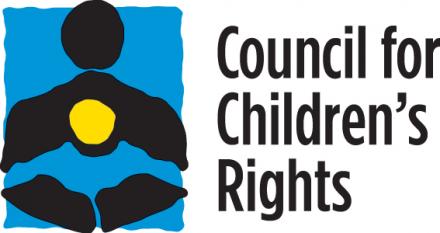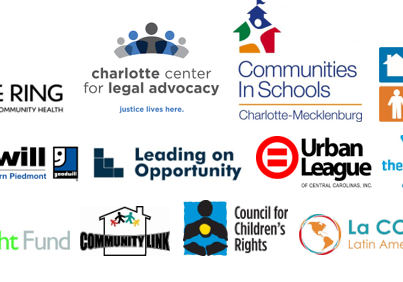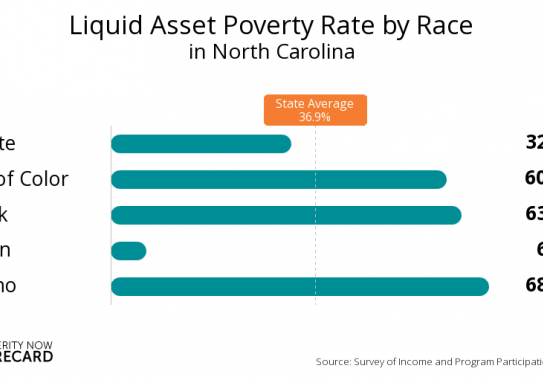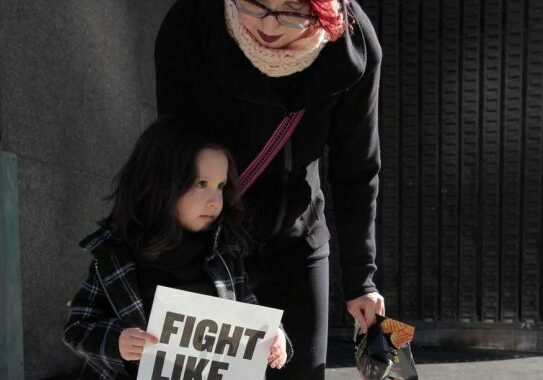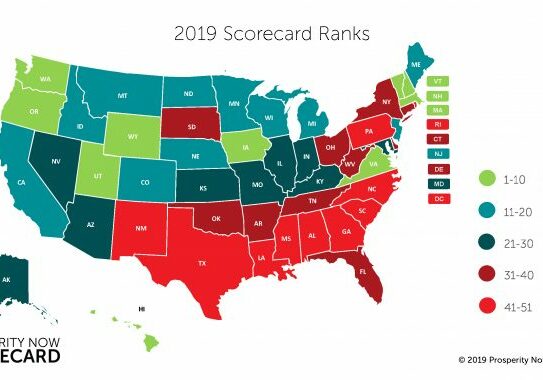What is Financial Security CLT?
Financial Security CLT is a coalition of Mecklenburg County nonprofit organizations who share a belief that financial security is the underpinning of economic mobility. The members of Financial Security CLT have made a commitment to work collaboratively to help families get on and stay on a path to greater financial security. These organizations first came together informally in fall 2018 after attending a national conference on financial security sponsored by Prosperity Now and realizing that the respective missions of their individual agencies could best be fulfilled with an overarching strategy for collective impact.
Mission
Financial Security CLT seeks to mobilize local nonprofits, grassroots voices, and the wider community to collaborate and advocate for greater financial security and generational wealth for historically excluded residents of Charlotte-Mecklenburg.
We envision a Charlotte-Mecklenburg where communities of color and marginalized groups are included in wealth-building opportunities, achieve financial security, and have the freedom to choose their own path to prosperity.
Values
In its work, the Financial Security CLT coalition is guided by the following values:
- Acknowledge the legacy of segregation and the impact of systemic racism
- Earn the trust of communities of color and marginalized groups
- Engage diverse voices and perspectives
- Start with the end in mind
- Collaborate to amplify success
- Share learning to maximize impact
- Use data to identify gaps and opportunities
Goals
Financial Security CLT seeks to mobilize local nonprofits, grassroots voices, and the wider community to collaborate and advocate for greater financial security and generational wealth for historically excluded residents of Charlotte-Mecklenburg.
Financial Security CLT monitors and is engaged in a broad range of issues that impact the financial security and financial well-being of residents in Charlotte and Mecklenburg County. These issues include low wages, the high costs of basic expenses (e.g., housing, childcare, health care, transportation, etc.), and a lack of wealth or financial assets.
In working to accomplish its goals, the members of Financial Security CLT envision playing the following three key roles:
- sharing learning about key challenges and opportunities around financial security,
- collaborating within the coalition and with community stakeholders to promote financial security and wealth-building opportunities, and
- advocating for local, state, and national policies to improve financial security and generational wealth-building.
For more information about Financial Security CLT, contact [email protected].
Why VITA Is So Vital to Our Community
The Volunteer Income Tax Assistance (VITA) program is an often overlooked but invaluable resource for families across the country, including many of the people served at Crisis Assistance Ministry. Aimed at promoting financial wellness and administered by the Internal Revenue Service (IRS), VITA relies on trained volunteers to provide free tax preparation services to eligible taxpayers. The FREE tax return service is available through two Mecklenburg County agencies this year.
Read MoreWells Fargo Foundation Invests $250,000 in Financial Security CLT
Wells Fargo Foundation has announced a grant of $250,000 designated to support the collaborative work of Financial Security CLT. Coalition members work collaboratively through advocacy to help families get on, and stay on, a path to greater financial security.
Read MoreNorth Carolina Ranks 37th on Prosperty
Weathering a financial storm is essential for all families to build towards a stronger future. New data about the financial health of our state highlights where disparities exist that prevent individuals and families from reaching economic freedom in five areas: financial assets and income, businesses and jobs, homeownership and housing, health care and education.
Read MoreDr. King’s Other Dream
As we celebrate the life and legacy of Dr. Martin Luther King, Jr. this year, we examine his “other dream” through his writings on the elimination of poverty among all Americans.
Read MoreInternational Women’s Day Highlights Achievements and Economic Barriers
International Women’s Day is a great day to reflect on the too-often-unrecognized achievements of women around the world and to acknowledge the significant challenges they must overcome.
Read MoreProsperity Now Ranks North Carolina 41st in Financial Health
The 2019 Prosperity Now Scorecard ranks North Carolina 41st out of the 50 states plus the District of Columbia in terms of the financial health of residents. The Scorecard calculates 52 outcome measures such as household income, access to credit, and net worth.
Read More“Economic Mobility” – The Report that Started It All
“Economic mobility” is the centerpiece of nearly every Charlotte-centered conversation these days. Wondering why? Here’s the report that started it all: “Where is the Land of Opportunity?: The Geography of Intergenerational Mobility in the U.S.”, by researchers at Harvard and UC-Berkeley.
Read More
